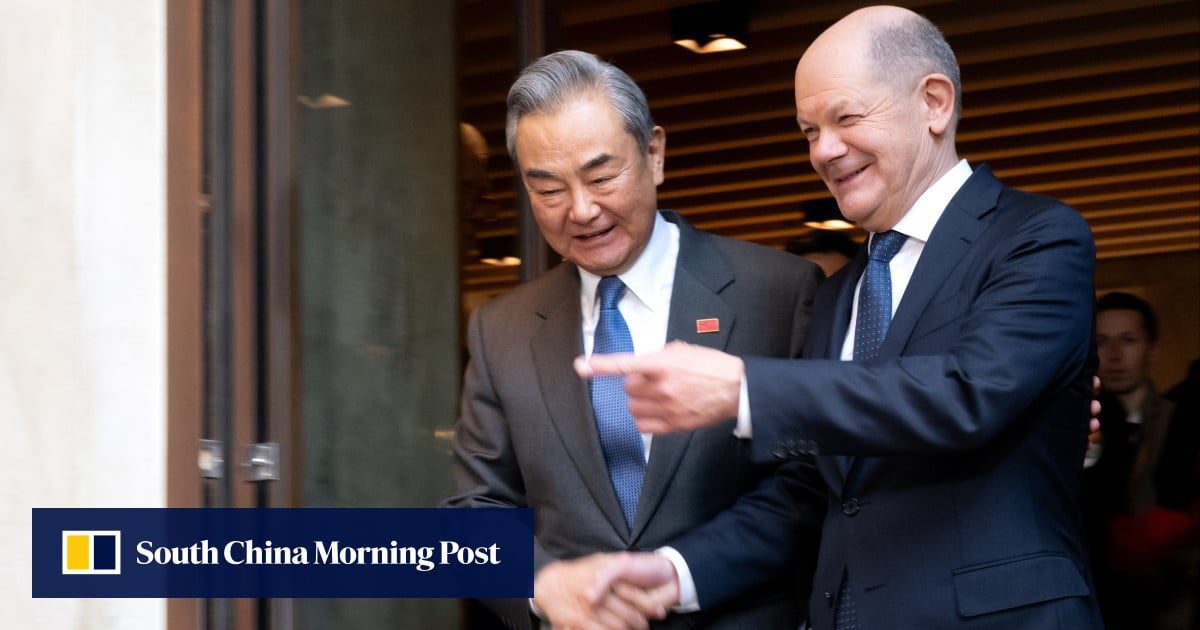
This past weekend, tensions erupted within the transatlantic alliance during a lavish security conference in Munich. Seizing the opportunity, China stepped into the fray.
High-ranking officials from the U.S. and Europe engaged in a tumultuous dialogue centered on shared values, the conflict in Ukraine, and the principles of democracy. U.S. Vice President J.D. Vance found himself at odds with several German leaders regarding his outreach to far-right factions, particularly ahead of next week’s federal elections.
Vance expressed his primary concern, stating, “The greatest threat I perceive regarding Europe does not stem from Russia or China, nor from any external entity. Instead, my worry lies within.” This remark came after he met with Alice Weidel, the leader of the controversial Alternative for Germany party, which has been labeled as “extremist” by German officials, during the sidelines of the Munich Security Conference.
Amid Saturday’s discussions, Keith Kellogg, the special envoy for Ukraine appointed by Trump, fueled concern by asserting that Europe would not participate in peace negotiations, even as European forces were anticipated to be deployed in Ukraine. Vance and his colleagues also suggested that the status of America’s security commitment to Europe may be uncertain.
While these conversations unfolded, Beijing was actively maneuvering to its advantage.
In a strategic diplomatic push, Foreign Minister Wang Yi engaged with prominent figures including German Chancellor Olaf Scholz and his conservative rival Friedrich Merz, NATO Secretary General Mark Rutte, and various EU, German, Spanish, and French representatives. At each meeting, as reported by the foreign ministry, Wang promoted China as a reliable partner for Europe and a supporter of the current global order.









